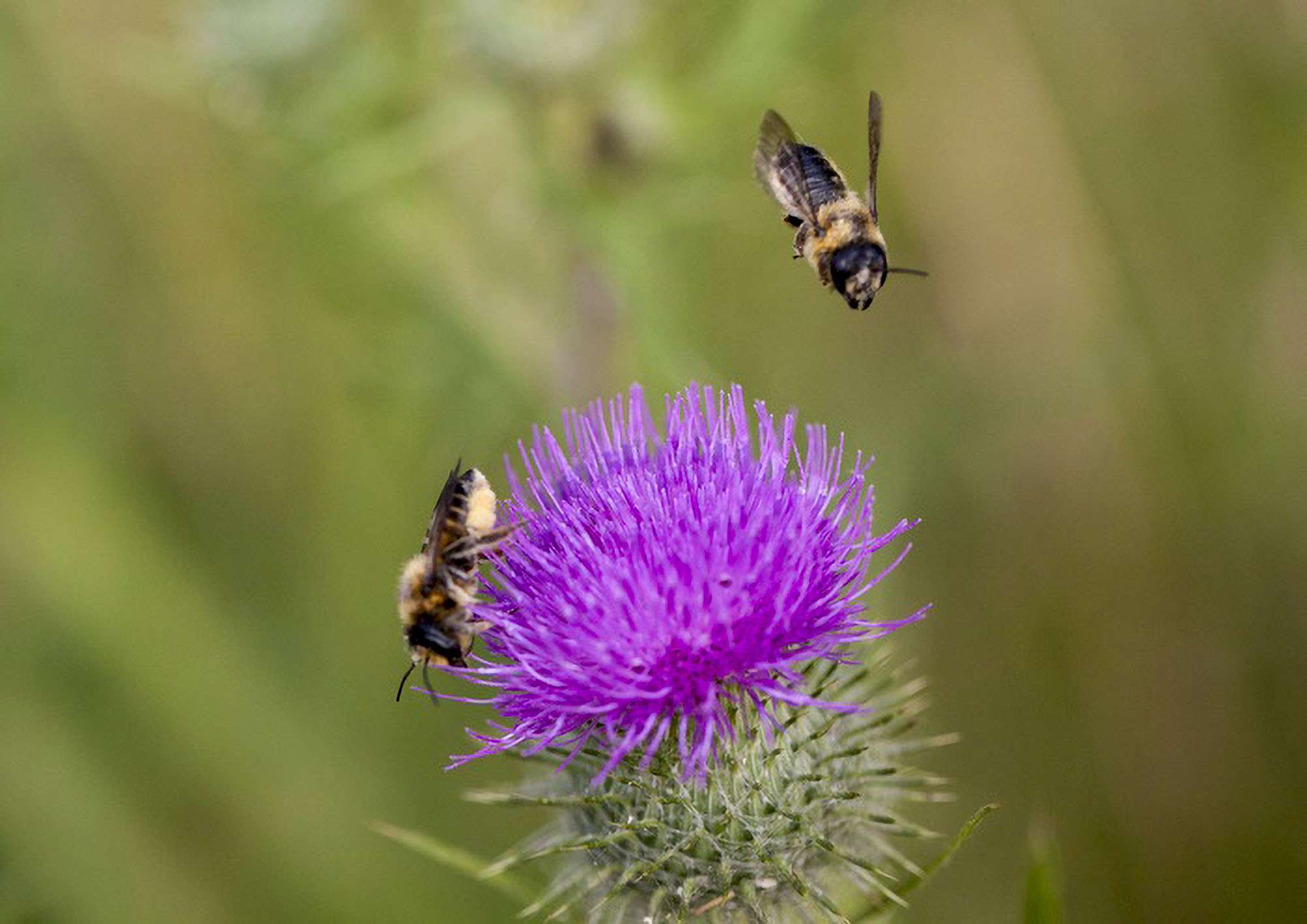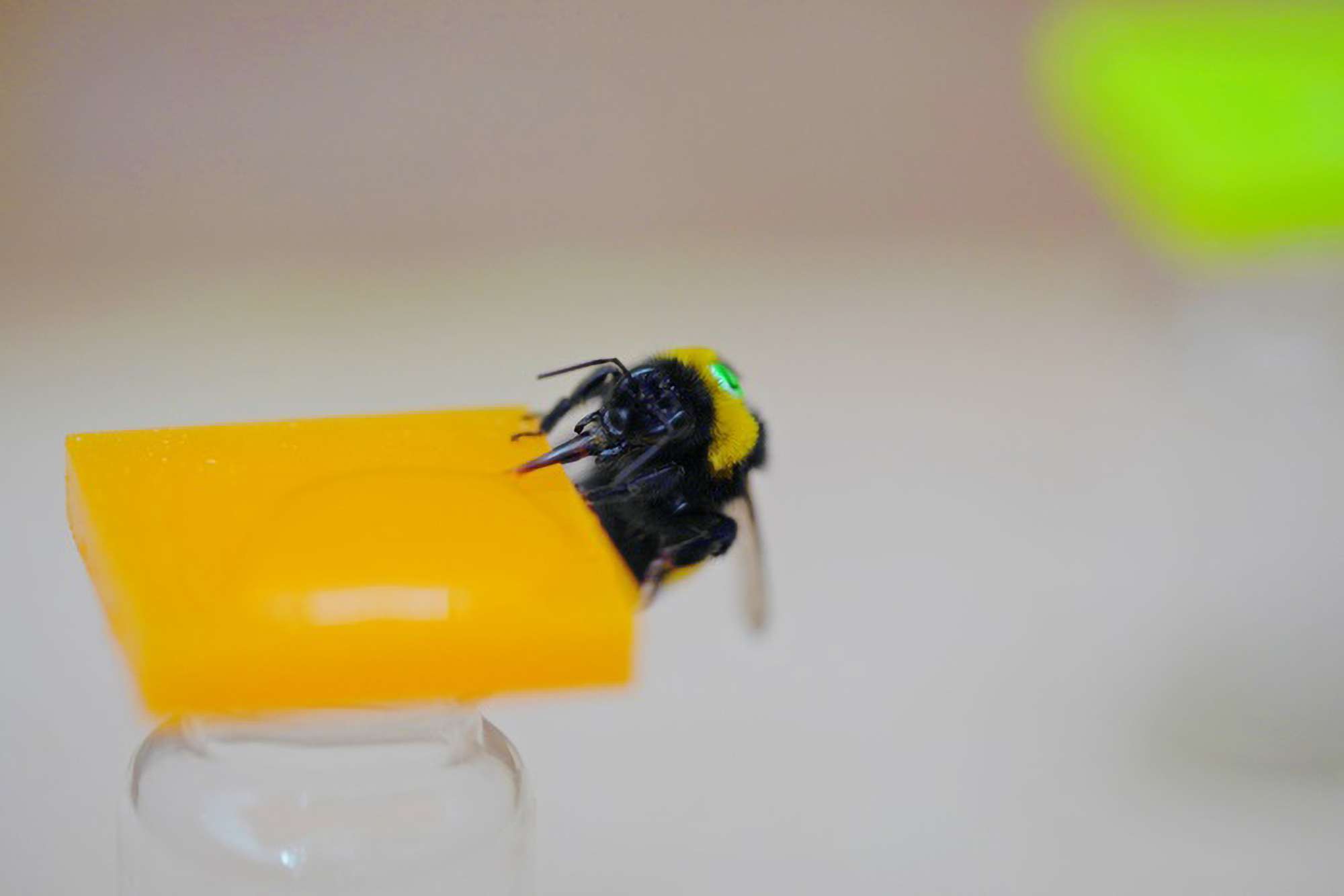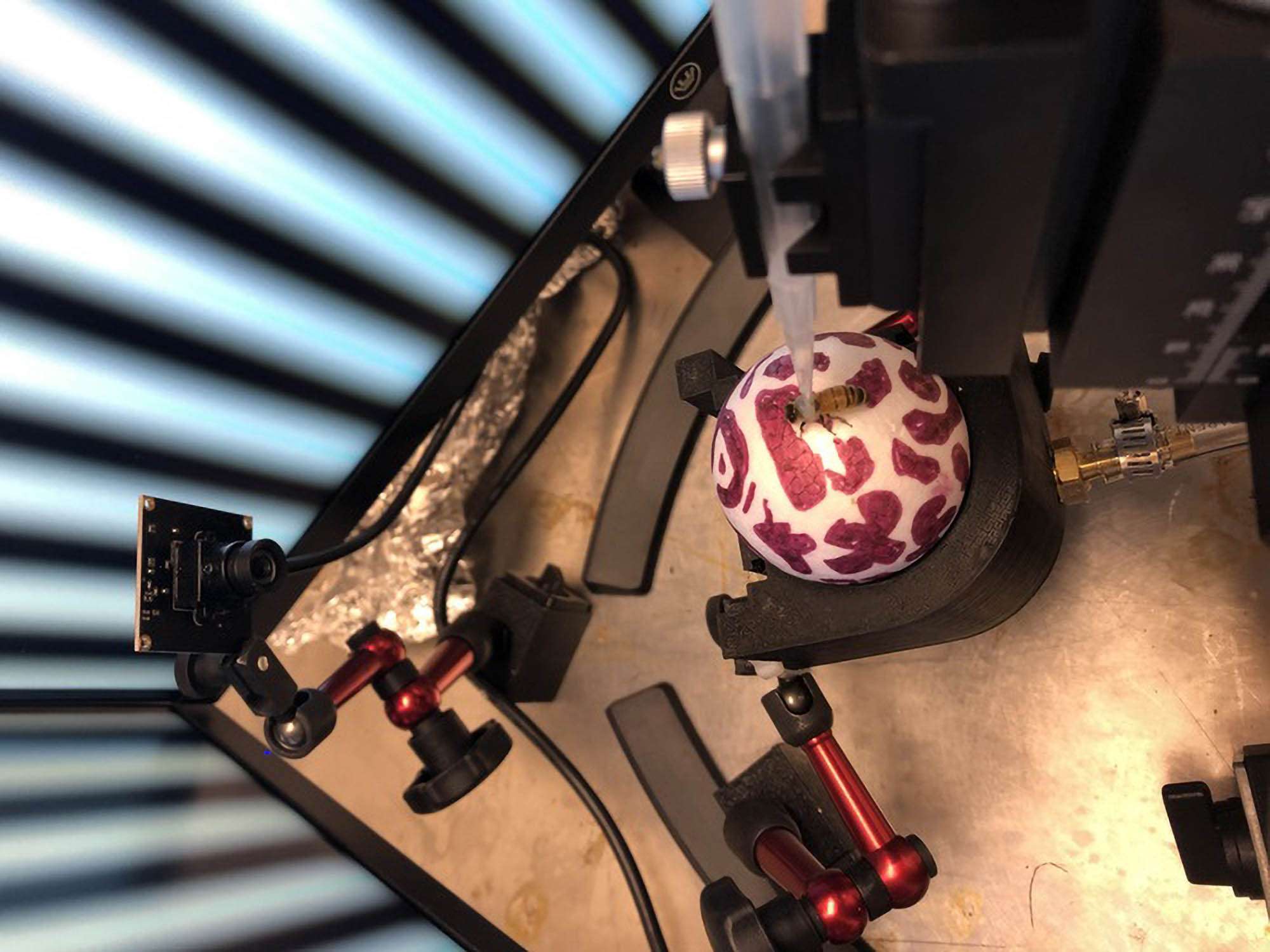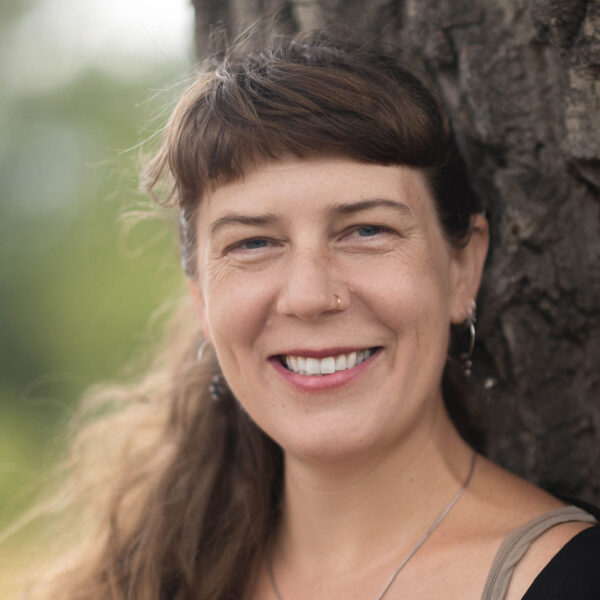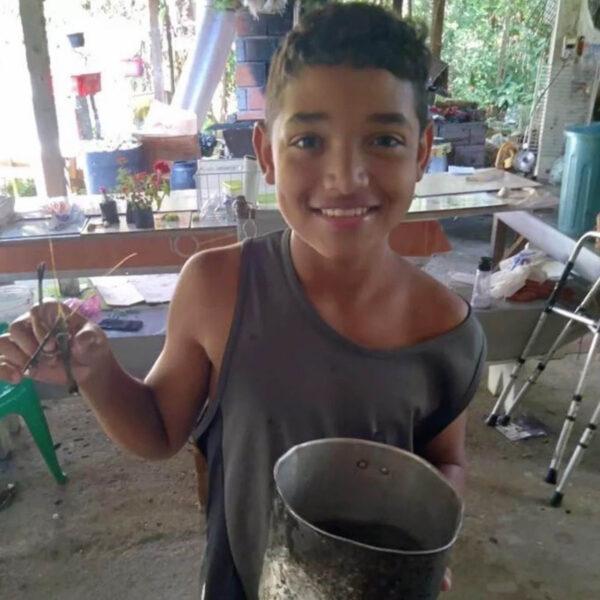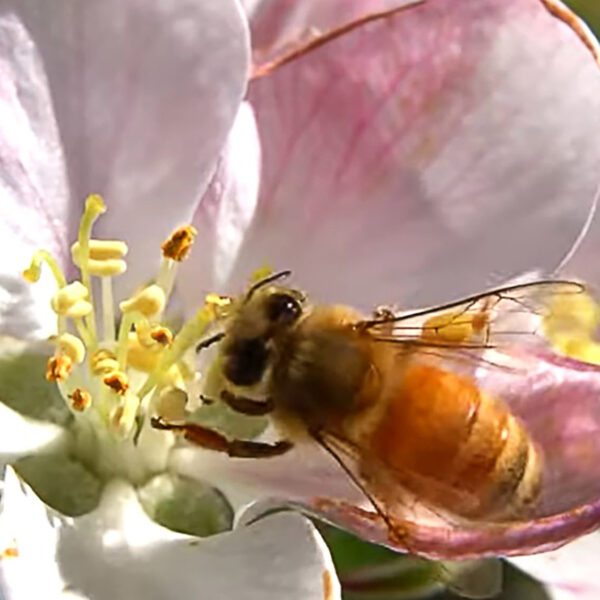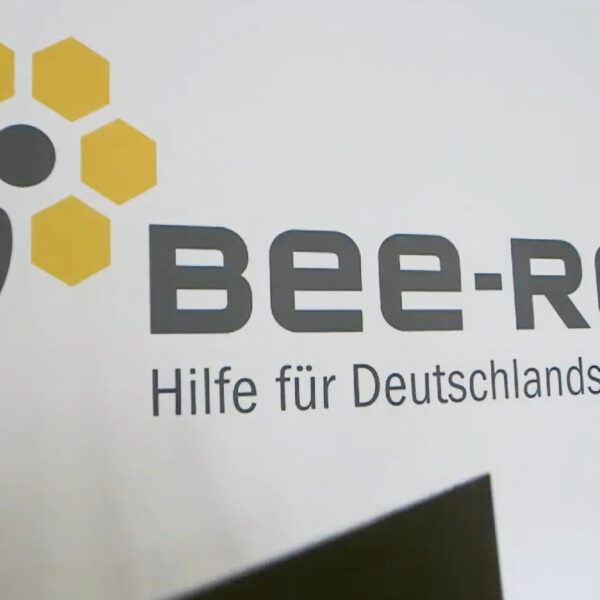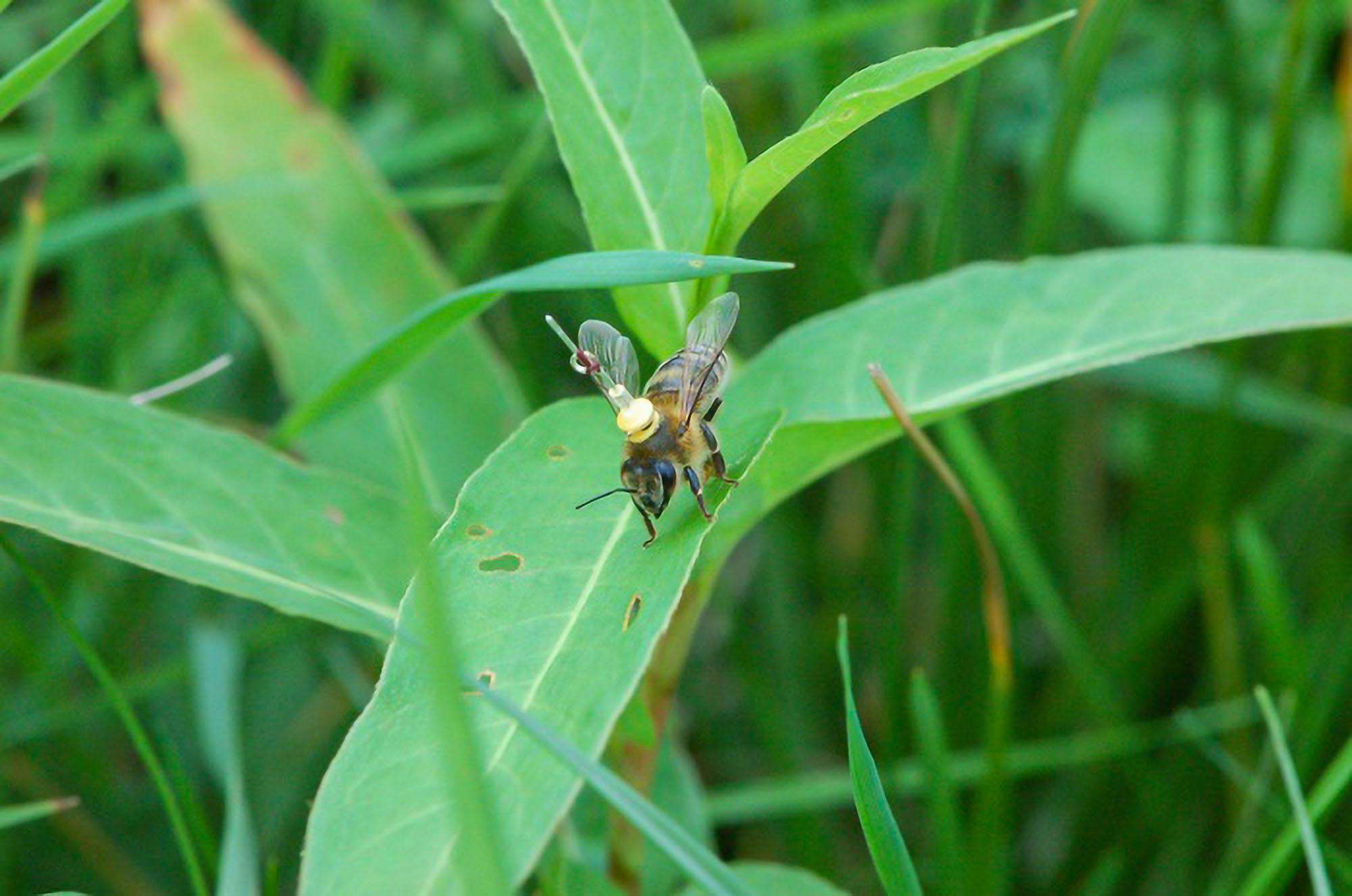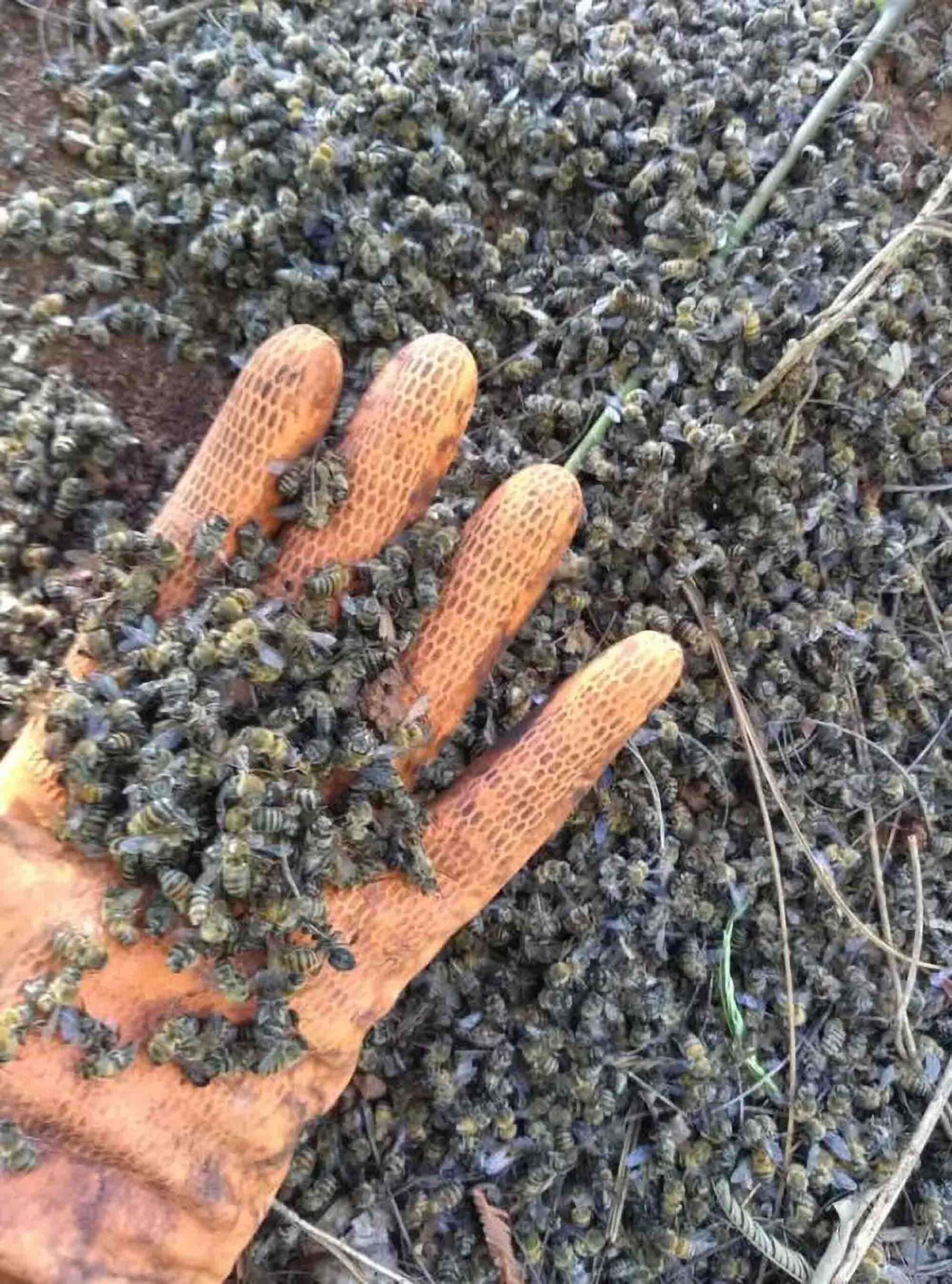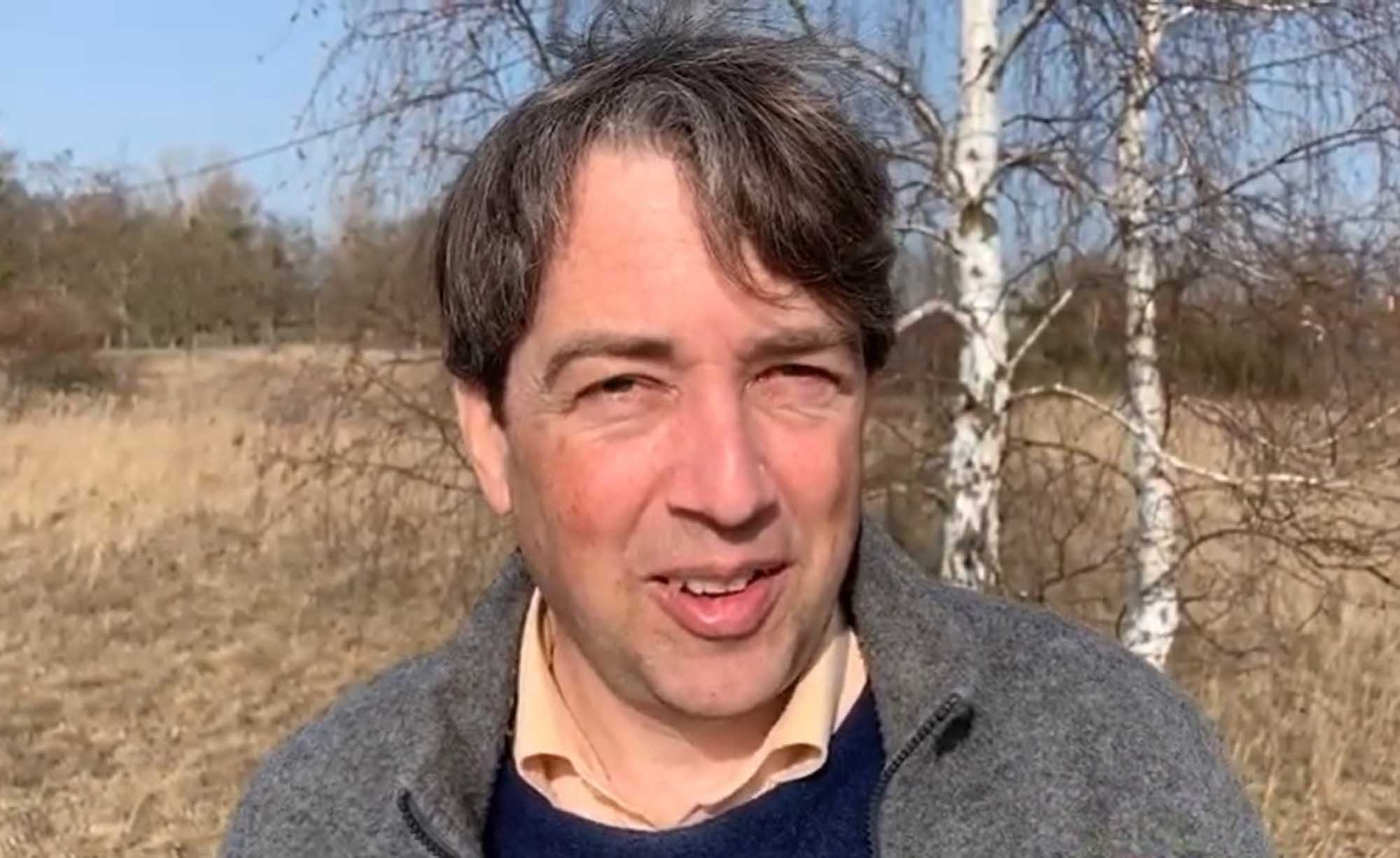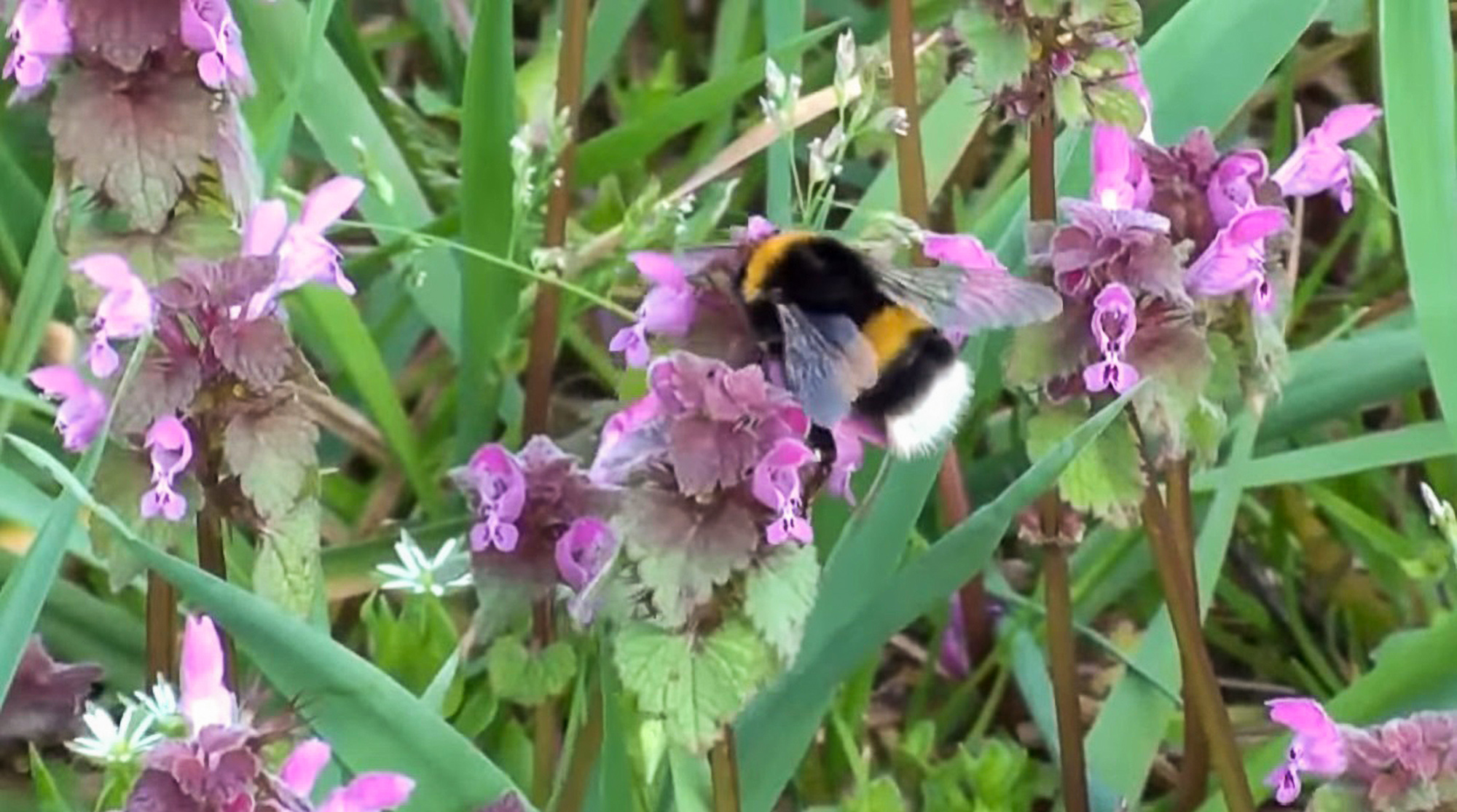Rare plant species turn urban gardens into habitats that appeal to scarce kinds of bees and birds, researchers in the United States have found.
Agroecologist Theresa Ong from Dartmouth College in Hanover, New Hampshire, and her team examined urban garden sites in northern California to find that women and elderly people tend to grow more rare plants than other hobbyist gardeners.
Prof Ong said: “There appears to be a cascading effect of people planting uncommon species on the accumulation of other uncommon bee and bird species.”
The assistant professor of environmental studies added that more than 50 per cent of the plants observed in the urban gardens had been rare.
Prof Ong said: “This means that people are planting a great variety of uncommon plants. We also found that what is rare in an urban garden can be quite common elsewhere.”
According to Prof Ong, rare organisms in urban gardens might be at a higher risk of extinction. However, they could also be less adapted to the urban environment, or – in the case of plants – less popular to grow.
The agroecologist explained: “Rare status could be a sign that urban gardens are acting as an important conservation habitat for rare species in cities but could also foreshadow what’s to come for the future of the species.”
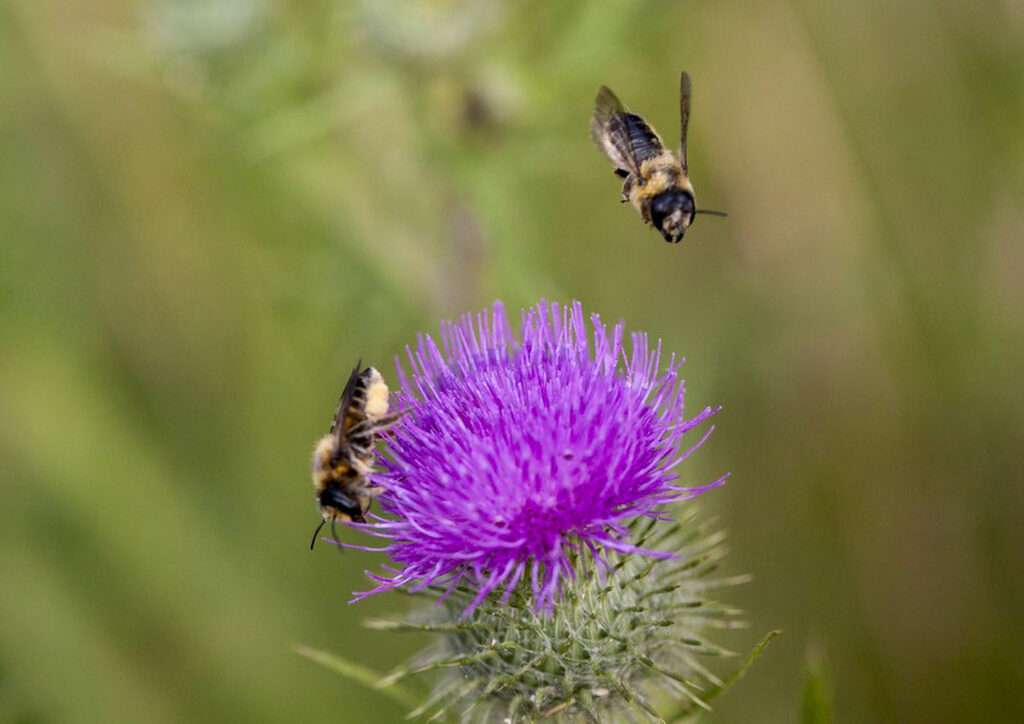
She added: “Future work is necessary to determine the specific relationships between rare plant-bee assemblages.”
The study – which has been published in the Ecological Applications magazine – is based on fieldwork at 18 organic community gardens in the Californian counties of Santa Clara, Monterrey and Santa Cruz.
No pesticides have been applied at any of the examined grounds.
The scientists took samples to collect data on plants, documented all birds that were present and conducted interviews with gardeners.
To determine the species and population figures of bees at the community gardens, they caught the social insects by using different kinds of traps.
All information obtained by the researchers was evaluated to determine which plants, birds and bees could be considered ‘rare.’
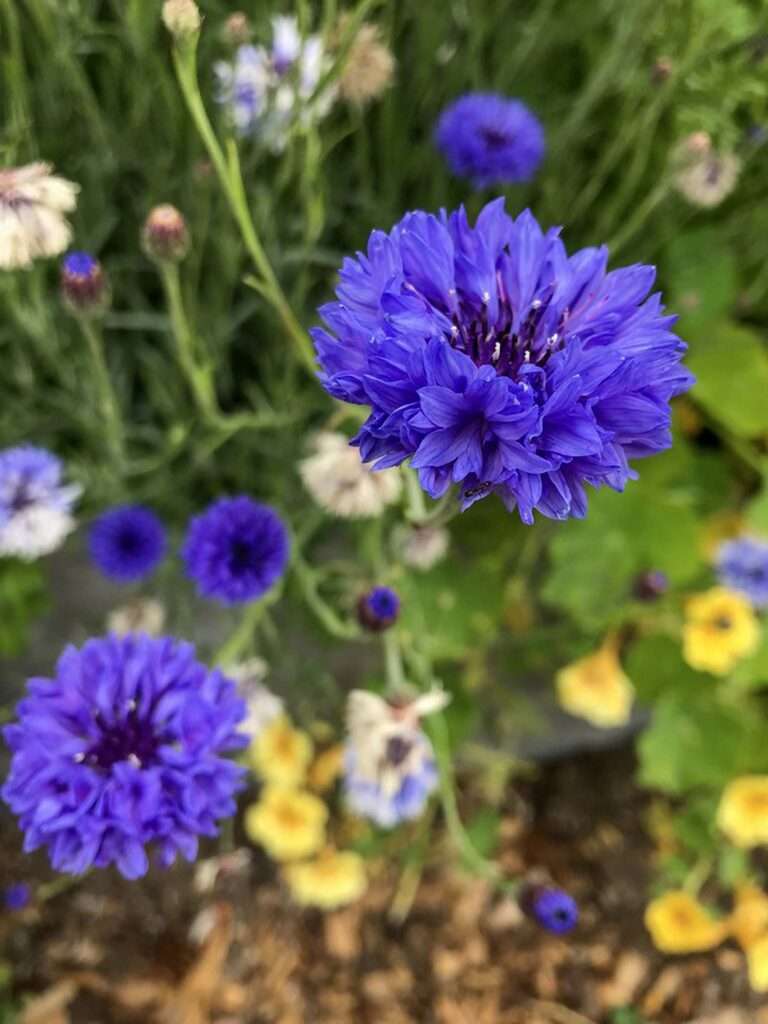
In her research, Prof Ong uses techniques from agroecology, complex systems and theoretical ecology to understand how agricultural systems – and the ecological communities within them – are maintained under social and environmental stress.
Dartmouth College – which was founded in 1769 – is a private Ivy League research university. It currently offers a 7:1 undergraduate student-to-faculty ratio. The majority of classes at Dartmouth College have 20 or fewer students.
Three Nobel Prize laureates – Owen Chamberlain, George Davis Snel and Karl Barry Sharpless – graduated from Dartmouth College.

